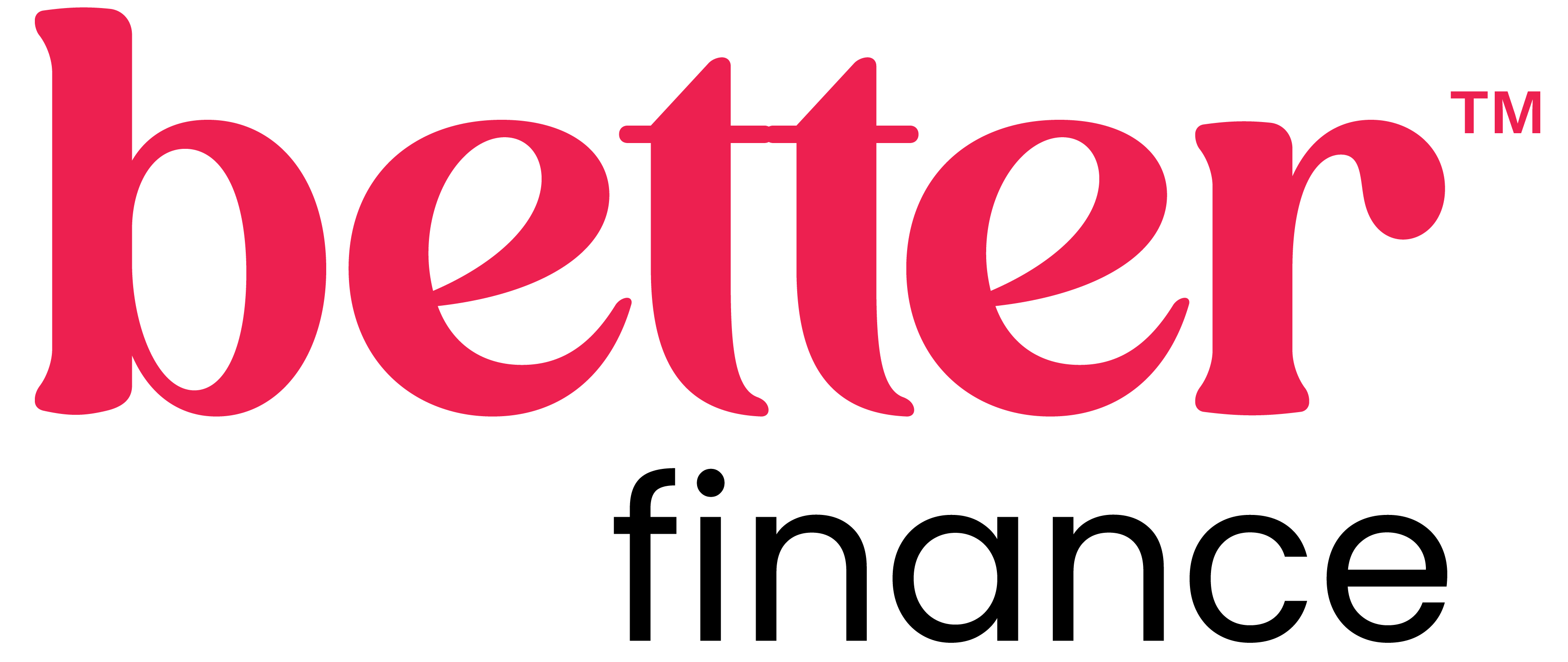
-
Do you know how much money you’re spending on subscriptions every month? It may be more than you think. In the US, a study by C+R Research found that almost one in three consumers underestimated their annual subscription spending by $100 to $199…
So, how can you find and plug your money leaks? It can be as easy as doing a subscription audit.
How to get started
From streaming services to gym memberships, subscriptions offer convenience but those bills can also add up quickly. That’s why doing subscription audit from time to time is so important. The goal is to analyse all the subscriptions and memberships you have signed up for, and cancel the ones you no longer need.
The steps are simple:
- List all your subscriptions – Go through your bank and credit card statements and flag all subscriptions; you can also use a spending tracker app to easily categorise your expenses.
- Review each subscription – Are you still using it? How regularly? And can you go without it?
- Check for auto-renewals – If the subscription is annual, it’s a good idea to check the expiry date and (if you no longer need it) deactivate the auto-renewal features before the subscription restarts.
- Assess the cost – Looking at the total cost of each subscription, could you find a more affordable alternative? There may be similar services available at a lower price.
- Cancel what you no longer want – Once you’ve reviewed each subscription and got an understanding of the overall costs, it’s time to get rid of any that you no longer need or use.
- Schedule your next subscription audit – To avoid future money leaks, set reminders to review your subscriptions on a regular basis, for example quarterly or annually.
What are the key benefits?
Conducting a subscription audit can take some time, but it’s worth it in the end. Here are some crucial benefits, starting with the most obvious one:
- Money-saving – Each subscription may not cost much monthly, but if left ticking in the background, unnecessary subscriptions can drain your finances over time. So, cost savings is the primary goal of these regular audits.
- Better budgeting – Once you have identified all your subscriptions and their costs, you can create a more accurate budget and manage your cash flow better. This is all-the-more important now that the cost of living keeps rising, as you want to make every dollar count. Cancelling subscriptions will free up money to allocate towards other important expenses or your savings.
- Reduced clutter – There’s something rewarding about tidying up your finances. Reducing the number of unused services in your life is a way to simplify your daily routine and refocus on what really matters. Plus, as we’ve seen, having fewer bills to manage may also help you stay more organised.
- Improved financial health – By diverting some of your subscription spending towards debt repayment, you can better manage your debt and potentially increase your credit score. And in turn, this little yet crucial number can make it easier to obtain loans, credit cards, or other forms of credit in the future. On top of this, you can also use the money to build up your savings and create a more secure financial future.
The bottom line
If you’d like to gain more control over your spending, starting with the little things can make a big difference. Whether you're looking to save for a big purchase or simply want to be more mindful of your spending habits, now may be a good time for a subscription audit. Your wallet (and your peace of mind) will thank you!
Disclaimer: Please note that the content provided in this article is intended as an overview and as general information only. While care is taken to ensure accuracy and reliability, the information provided is subject to continuous change and may not reflect current developments or address your situation. Before making any decisions based on the information provided in this article, please use your discretion, and seek independent guidance.





